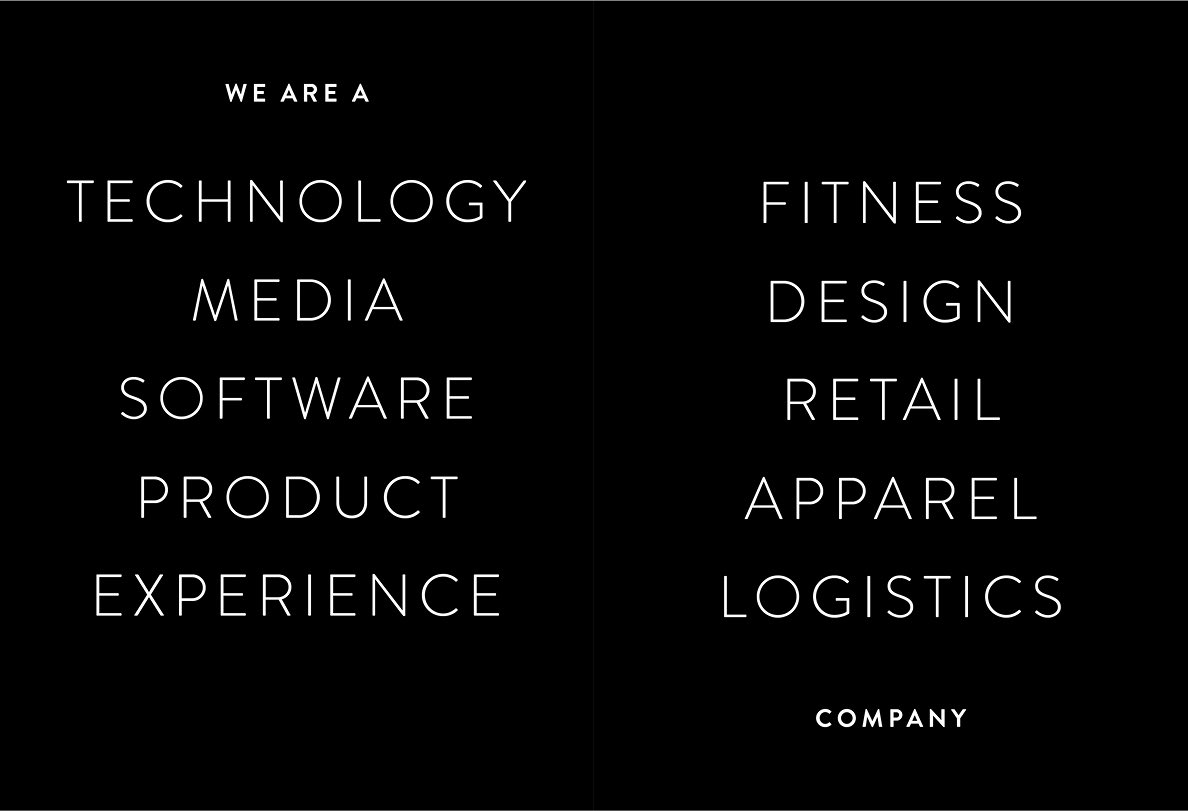
How to get URL link on X (Twitter) App


https://twitter.com/wolfejosh/status/1176248000391372802?s=20
https://twitter.com/NeckarValue/status/1277632097478488065

https://twitter.com/GavinSBaker/status/1259584027947909120
 1/ Lululemon is a company reaching "escape velocity" from Google and Facebook.
1/ Lululemon is a company reaching "escape velocity" from Google and Facebook.https://twitter.com/brettbivens/status/1202342273905807360

 A proto-Metaverse consumer health example:
A proto-Metaverse consumer health example: 


 2/ Lizhi is the largest UGC audio community in China, owning 70% of the Interactive Audio Entertainment market — a subset of the broader audio market that incorporates interactive social, gaming, & live streaming. Well beyond how many think of podcasting or audio books today.
2/ Lizhi is the largest UGC audio community in China, owning 70% of the Interactive Audio Entertainment market — a subset of the broader audio market that incorporates interactive social, gaming, & live streaming. Well beyond how many think of podcasting or audio books today. 

https://twitter.com/BluegrassCap/status/1197956094716461057These additional subscription paths mean, in part, that as their streaming business caps out market size-wise, Spotify is well positioned to grow revenue off of its existing customer base and become the first “negative churn” consumer subscription company.
https://twitter.com/brettbivens/status/1166392861480357890

 2/ One of the first business axioms I remember learning is that it is cheaper to keep an existing customer than it is to acquire a new one. In an era defined by unlimited consumer choice and dynamic consumer preference, this statement rings truer than ever.
2/ One of the first business axioms I remember learning is that it is cheaper to keep an existing customer than it is to acquire a new one. In an era defined by unlimited consumer choice and dynamic consumer preference, this statement rings truer than ever.